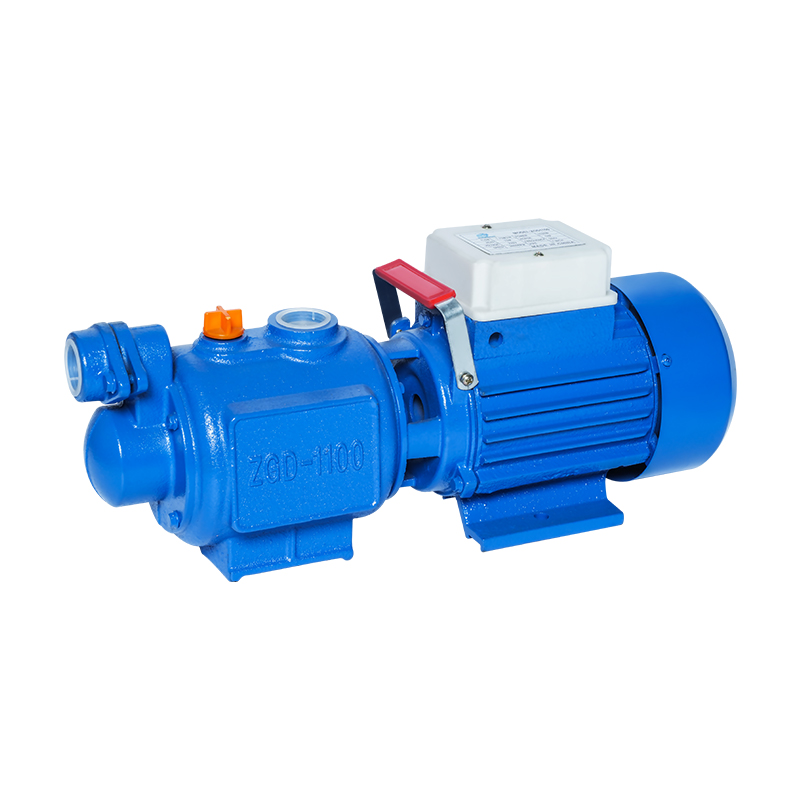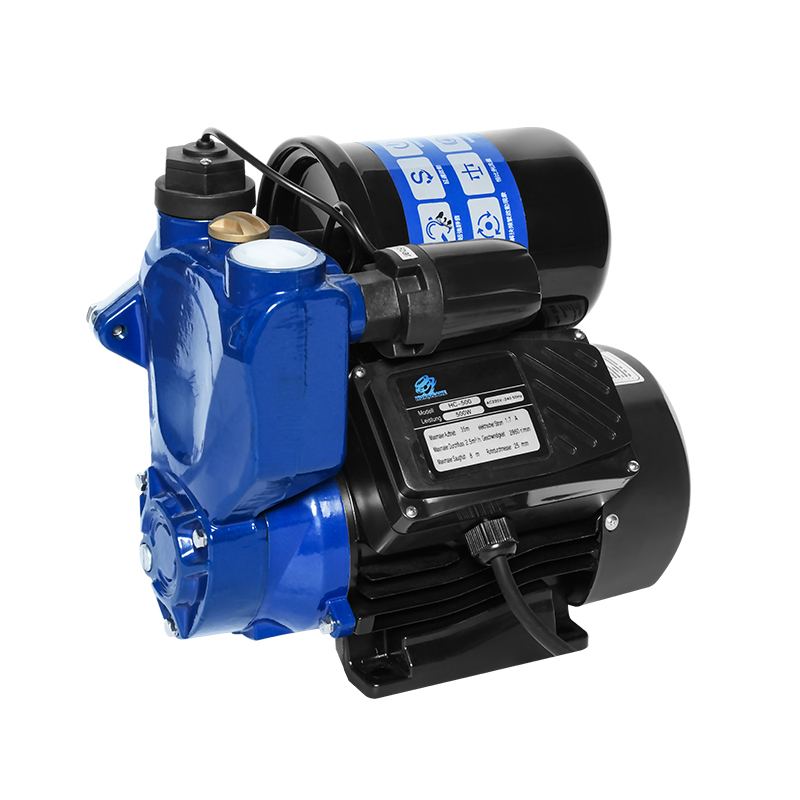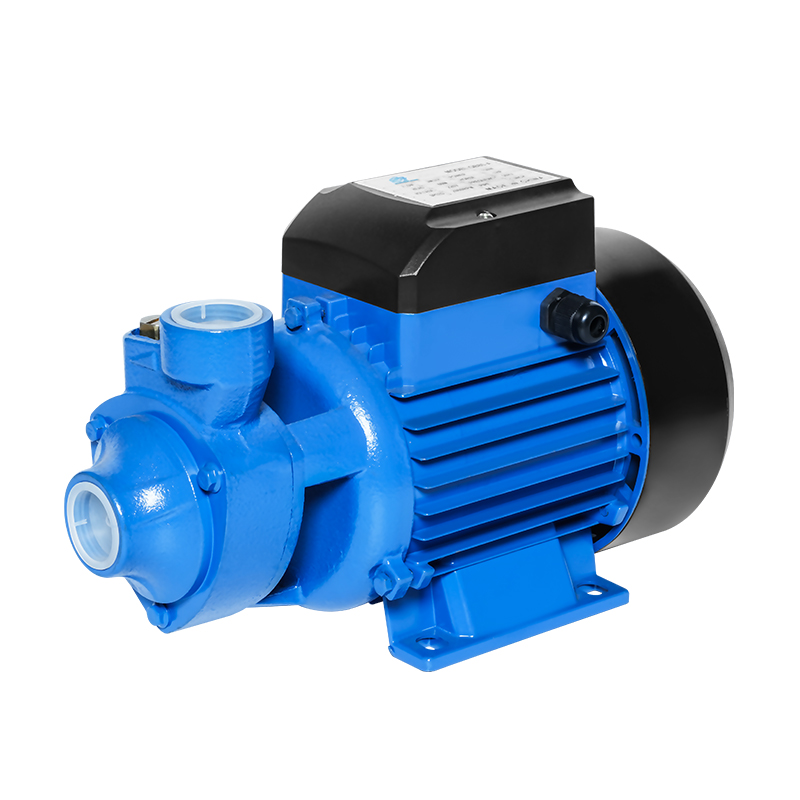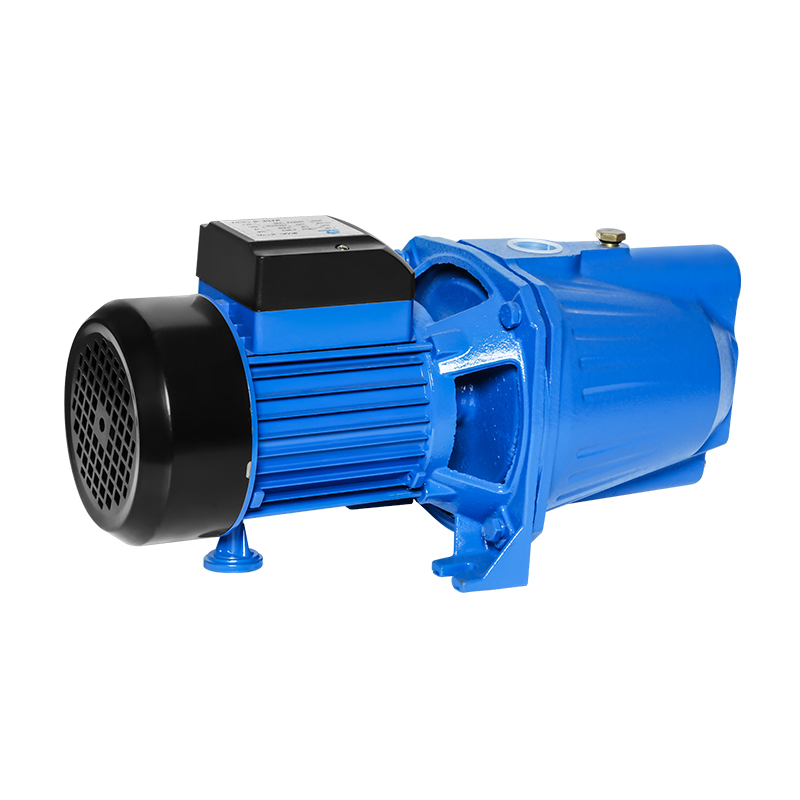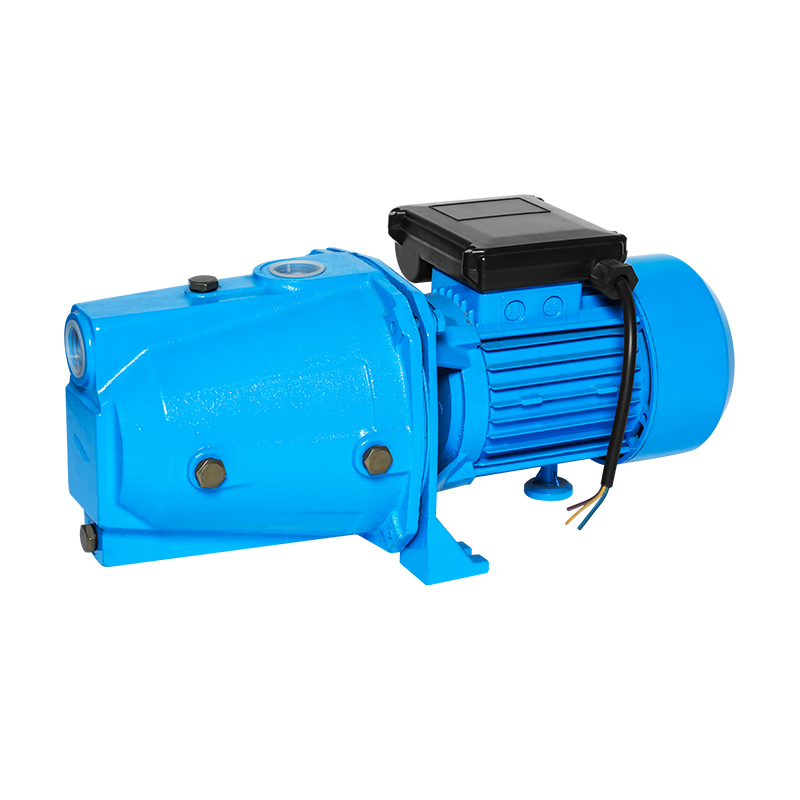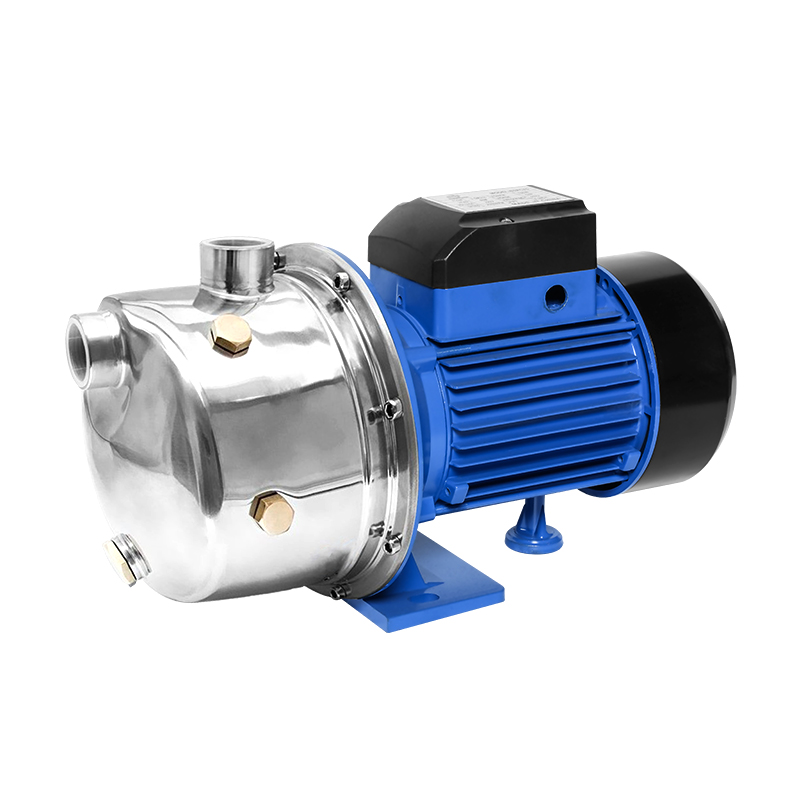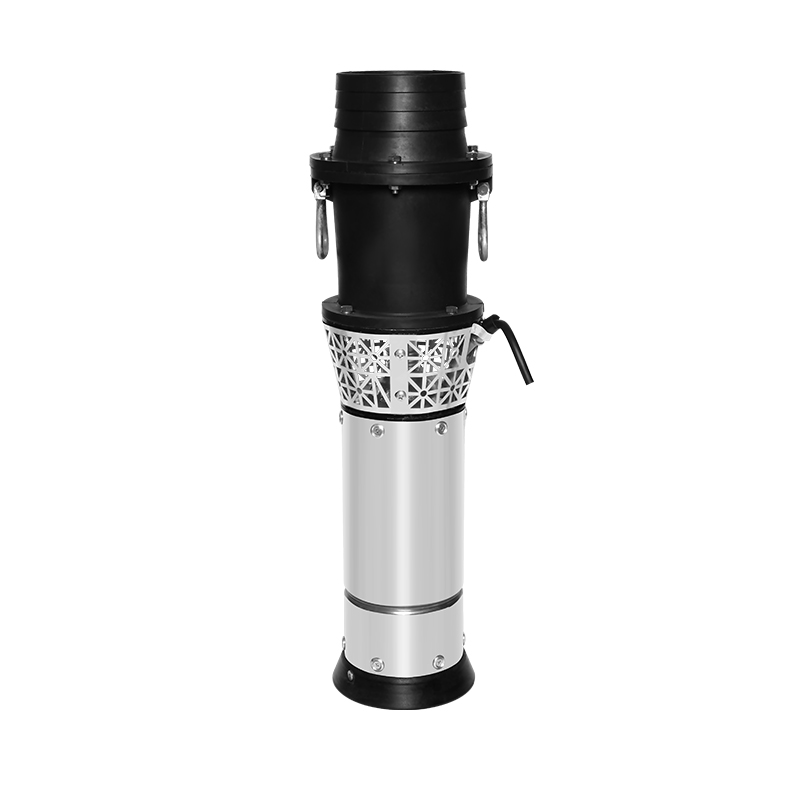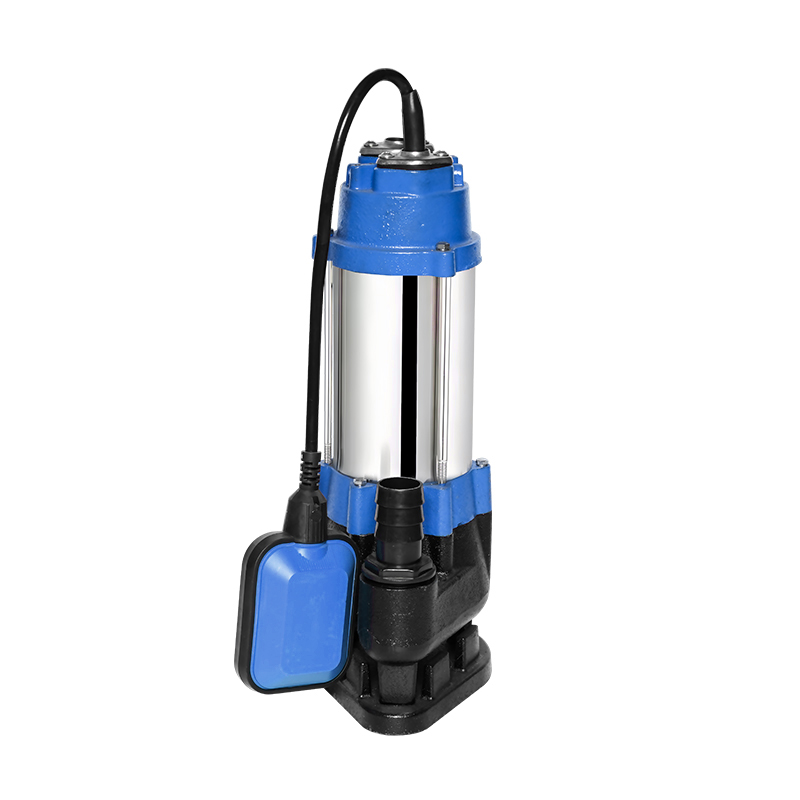What Maintenance Is Required for Agricultural Water Pumps?
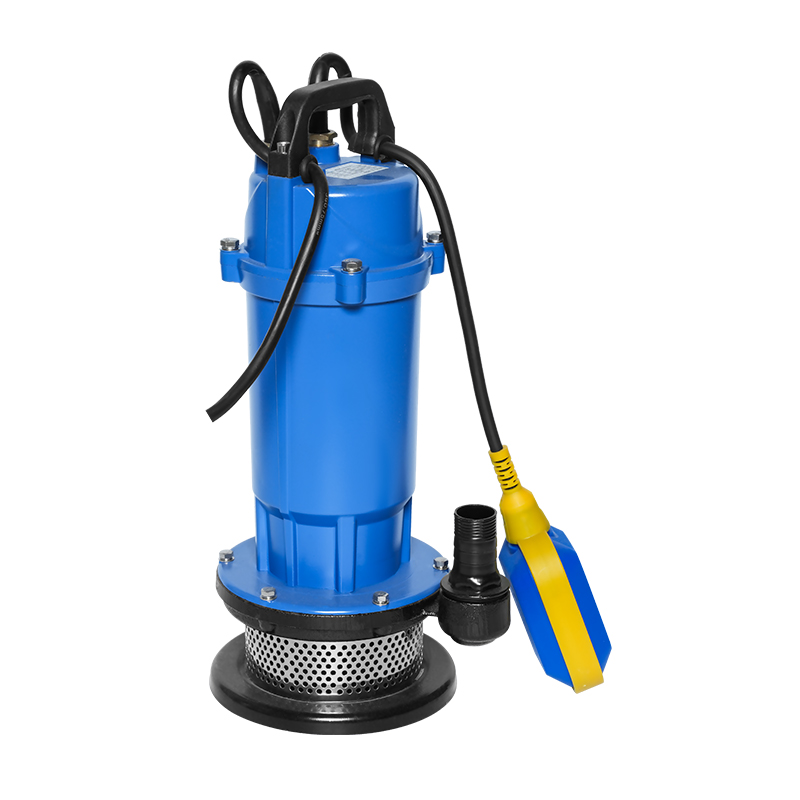
Agricultural water pumps play a critical role in irrigation systems, helping farmers deliver water efficiently to crops. Proper maintenance is essential to ensure reliability, prevent breakdowns, and extend the life of the equipment. Agricultural water pump manufacturers provide guidelines and recommendations to help users maintain their pumps effectively. Understanding these maintenance practices can save time, reduce costs, and improve overall farm productivity.
Regular Inspection
Routine inspection is thestep in maintaining an agricultural water pump. Check for visible signs of wear, leaks, or corrosion in the pump body, hoses, and connections. Inspect the impeller, seals, and bearings for any damage or unusual wear. Regular inspection allows farmers to identify minor issues before they escalate into major problems, ensuring continuous operation during critical irrigation periods.
Lubrication and Bearings
Bearings are a crucial part of water pumps, and proper lubrication is essential for smooth operation. Agricultural water pump manufacturers recommend periodic lubrication according to the pump model and operating conditions. Over- or under-lubrication can cause to bearing failure, increased friction, and higher energy consumption. Using the correct type of lubricant, as specified by the manufacturer, ensures the pump runs efficiently and lasts longer.
Cleaning and Debris Removal
Pumps often handle water that contains dirt, sand, or plant material. Accumulated debris can reduce efficiency, cause cavitation, or damage internal components. Regular cleaning of the pump casing, suction strainer, and impeller helps maintain optimal performance. Agricultural water pump manufacturers suggest flushing the system periodically to remove sediment buildup and prevent blockages.
Seal and Gasket Maintenance
Seals and gaskets prevent leaks and maintain pressure within the pump system. Over time, seals may degrade due to wear, chemical exposure, or temperature fluctuations. Inspecting and replacing worn seals and gaskets is vital to avoid water leakage and maintain pump efficiency. Manufacturers often provide guidance on compatible replacement parts and installation techniques to ensure proper sealing.
Motor and Power Source Care
Many agricultural water pumps are powered by electric motors or diesel engines. Regular maintenance of the motor or engine is necessary for consistent performance. Check for proper electrical connections, inspect wiring for damage, and ensure the engine oil and fuel systems are in good condition. Following the manufacturer's maintenance schedule for the motor or engine contributes to the overall reliability of the pump.
Winterization and Storage
In regions with cold climates, winterization is important to prevent damage from freezing water. Drain the pump completely, remove any water from hoses, and store the equipment in a dry, sheltered location. Proper storage prevents corrosion, freezing damage, and reduces wear when the pump is reinstalled for the next irrigation season.
Documentation and Manufacturer Guidance
Keeping a maintenance log helps track inspection dates, repairs, and replacements. Agricultural water pump manufacturers often provide detailed manuals that outline routine maintenance, troubleshooting, and part replacement schedules. Following these guidelines ensures the pump operates efficiently and maintains its warranty coverage.
Maintenance of agricultural water pumps includes regular inspections, lubrication, cleaning, seal and gasket checks, motor care, and proper storage. Following the recommendations provided by agricultural water pump manufacturers ensures the equipment operates reliably and efficiently. By implementing these practices, farmers can extend the lifespan of their pumps, reduce downtime, and maintain consistent water delivery to crops.


